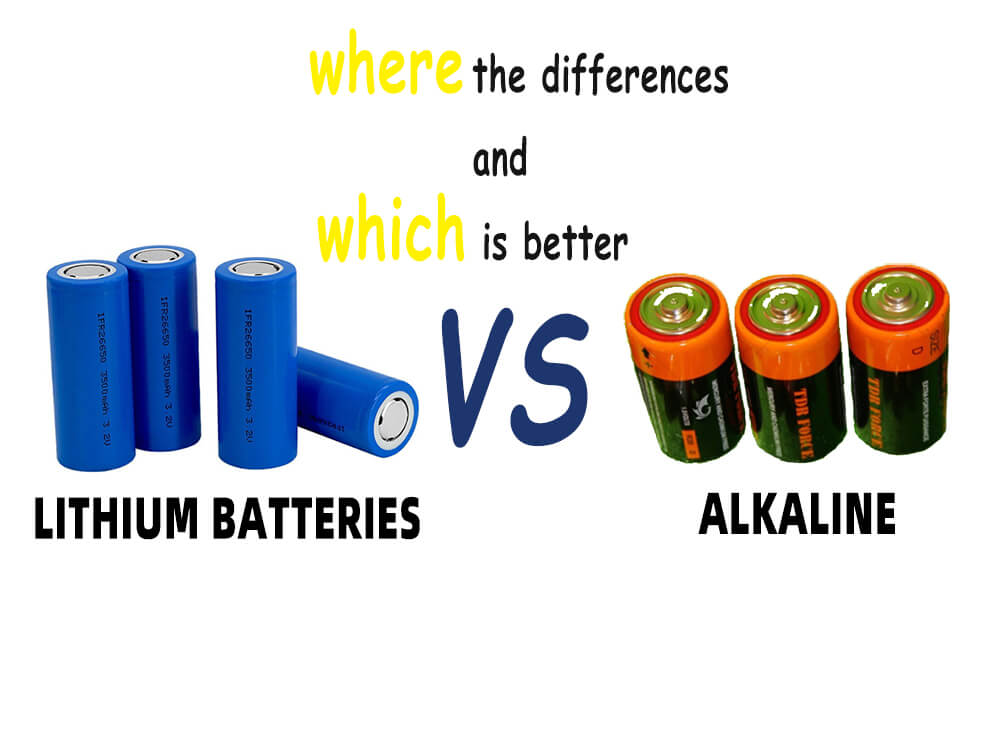
Subscribe To Sixbattery.com
Subscribe to the Porto mailing list to receive updates on new arrivals, special offers and our promotions.

When it comes to choosing a battery for your device, there are many factors to consider, such as performance, cost, and environmental impact. Two of the most popular types of batteries on the market today are alkaline and lithium batteries. In this article, we will compare and contrast these two types of batteries to help you make an informed decision on which one is best for your needs.
Performance:
Alkaline batteries are a reliable and cost-effective option for many low-drain devices, such as remote controls, flashlights, and clocks. They have a relatively low capacity and discharge rate, meaning they will not provide high bursts of power. They also have a shorter lifespan than lithium batteries, with an average shelf life of around 5-10 years.
Lithium batteries, on the other hand, are more expensive than alkaline batteries but offer better performance in high-drain devices, such as digital cameras, smartphones, and laptops. They have a higher capacity and discharge rate, meaning they can provide high bursts of power when needed. They also have a longer lifespan than alkaline batteries, with an average shelf life of around 10-15 years.
Cost:
Alkaline batteries are generally less expensive than lithium batteries, making them a more cost-effective option for low-drain devices that do not require a lot of power. However, if you need a battery for a high-drain device that requires a lot of power, such as a digital camera or laptop, lithium batteries may be a more cost-effective option in the long run due to their higher capacity and longer lifespan.
Environmental Impact:
Both alkaline and lithium batteries have an impact on the environment. Alkaline batteries contain toxic chemicals, such as mercury and cadmium, that can contaminate the soil and water if not disposed of properly. However, most modern alkaline batteries are mercury-free and can be recycled.
Lithium batteries, on the other hand, have a lower environmental impact than alkaline batteries. They are more energy-efficient and have a longer lifespan, which reduces the amount of waste that ends up in landfills. However, lithium batteries can also pose a fire risk if not disposed of properly.
Which one is best for your needs?
When choosing between alkaline and lithium batteries, it's important to consider your specific needs. If you need a battery for a low-drain device that does not require a lot of power, such as a remote control or clock, alkaline batteries may be a more cost-effective and environmentally friendly option.
However, if you need a battery for a high-drain device that requires a lot of power, such as a digital camera or laptop, lithium batteries may be a better option due to their higher capacity and longer lifespan.
In conclusion, the choice between alkaline and lithium batteries depends on your specific needs and preferences. Both types of batteries have their pros and cons in terms of performance, cost, and environmental impact, and it's important to weigh these factors carefully when making your decision.